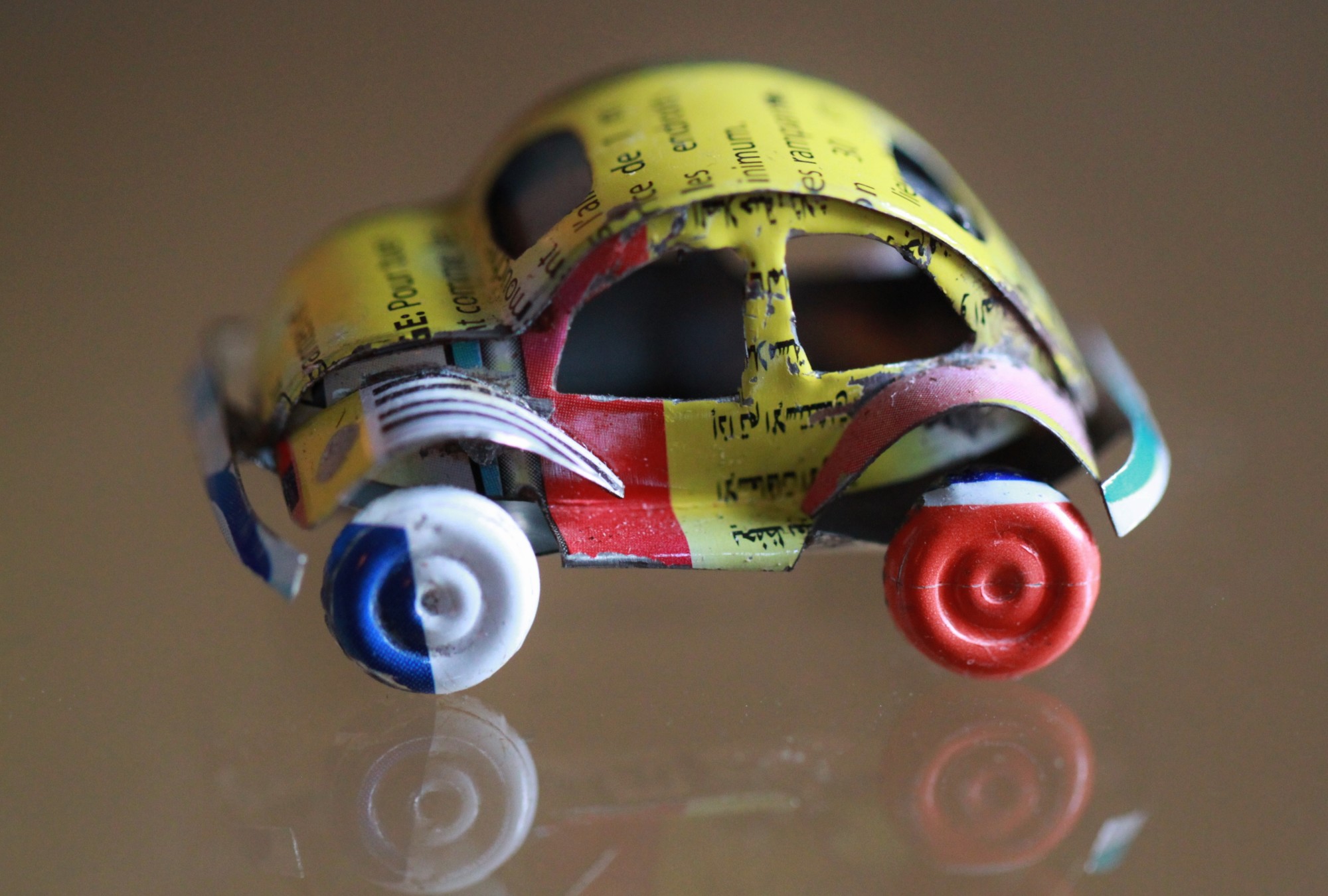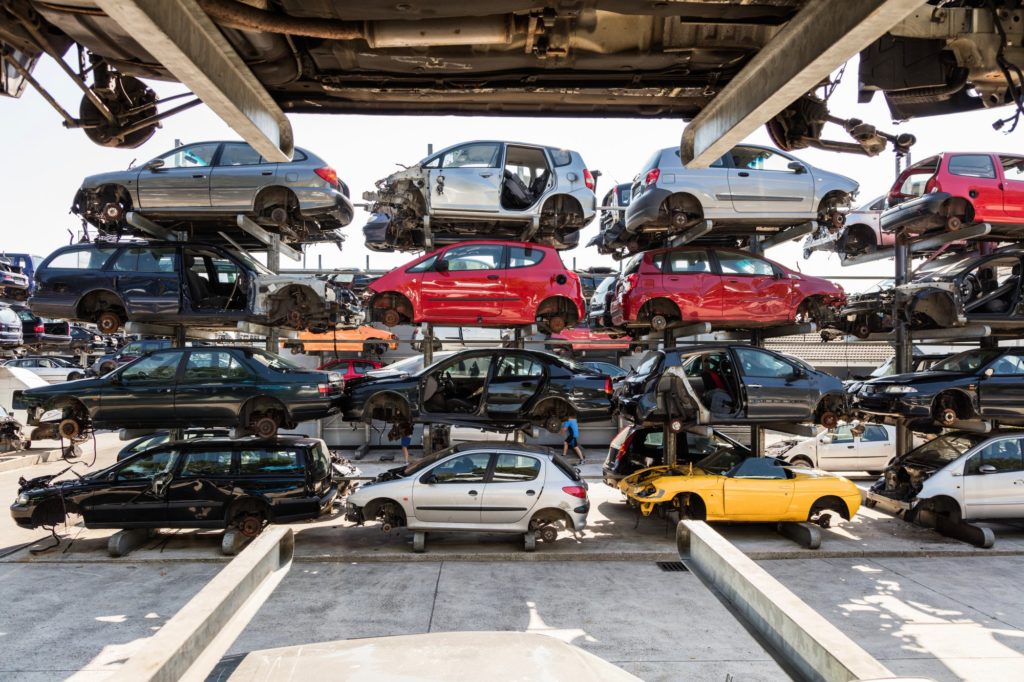More than 14 million tons of recycled steel comes from junk vehicles every year. On average, 1/4 of any given automobile body consists of recycled steel.
The global car recycling industry is one of the biggest in the world, with 27 million vehicles recycled across the globe.
Automobile recycling is making waves as it pertains to bettering the environment and lessening the carbon footprint.
Plus, hundreds of thousands of jobs come from the car recycling sector.
There are millions of cars junked and recycled every year, and almost all of a vehicle is eligible for recycling.
Do you want to know more about the automobile recycling industry?
Here's a guide that will give you all the facts.
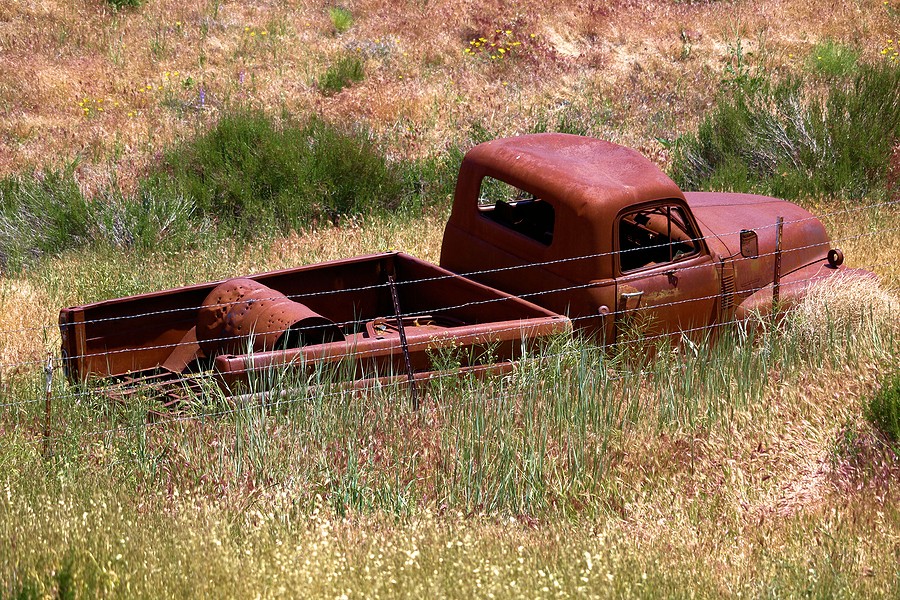
What Percentage of Vehicles Get Recycled Each Year?
95% of end-of-life vehicles get recycled every year. Of those vehicles, over 80% of the materials are reusable for other things.
Car manufacturers are continually making improvements to warrant more effortless recycling tactics.
Nissan, for example, made changes in the structure of its vehicles to make wiring harnesses easier to remove.
Over the last decade, we've seen significant improvement as it pertains to recycling car parts.
Metals Are the Easiest to Recycle
Scrap metal is one of the most accessible materials to recycle. Whether it's non-ferrous metal, like aluminum or ferrous metal like steel, the process for recycling is pretty much the same.
The metals must undergo sorting, shredding, melting, and inspections. They then get molded into blocks or sheets before they move on to their next stage.
Doors, door handles, side mirrors, headlight bezels, steel wheels, genders, and aluminum rims are all examples of metal parts that recycling facilities can melt down and turn into something else.
The exciting thing about metal is that it's durable and robust enough to get reused time and time again without losing its strength.
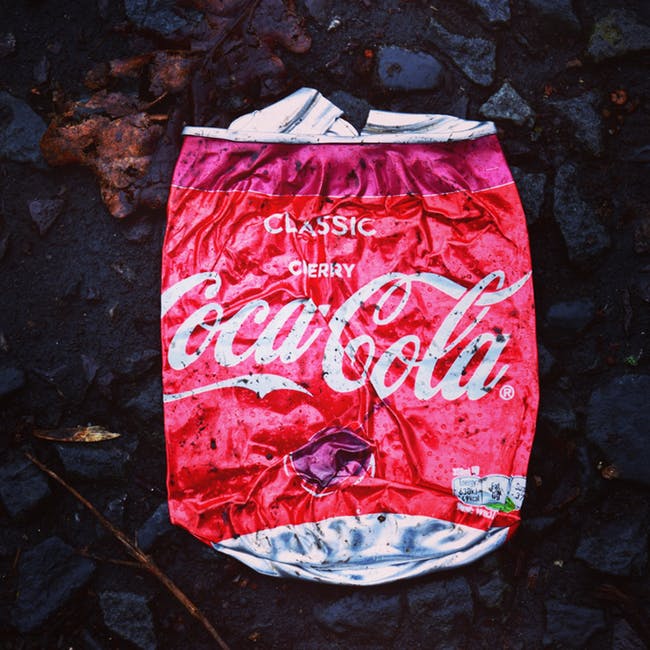
Removing Oils and Batteries Saves the Planet
Even after it's kicked the bucket, the average car recycling salvages 5 to 10 gallons of liquid.
When a car sits in a backyard or a lot for too long, those liquids begin to leak and leach into water and soil sources. It's pertinent to extract those oils when recycling automobiles.
Many of them are reusable, and even if they aren't, they must undergo an extraction process and proper disposal to prevent harming living creatures and the environment.
Oil never wears out; it only gets dirty. Collection centers and auto shops recycle oil all the time.
Plus, oil filters are recyclable too. Every filter contains about a pound of steel.
Electronics and car batteries often contain lead and additional chemicals that can also contaminate the environment, especially if they're dumped into a landfill.
Car batteries must be safely disposed of, and many states even promote laws that reward people who properly dispose of their old ones.
Glass and Tires Are Recyclable Too
You'll often see broken windshields piled up in landfills across the United States. That's because the glass component is usually sealed between two layers of protective plastic.
But new technology has made it easier to remove the recyclable glass from those plastic layers. Many windshield replacement companies have partnered with recycling centers to repurpose that glass.
There are now new companies that reduce waste by specializing in the automotive glass recycling industry, as it's extremely versatile.
Automotive glass gets transformed into a myriad of things, such as:
- Concrete blocks
- Glass bottles
- Floor tiles
- Counters
- Worktops
- Fiberglass insulation
- Jewelry
The plastic encasing can also be repurposed into applications, such as carpet glue.
Did you know that tires are non-degradable? Plus, they take up plenty of space at dumping sites.
You can't burn tires, as they pollute the air with toxins and produces a flammable runoff. Tires removed in good condition can be either reused on other vehicles or recycled and made into brand new tires.
Tires that aren't reusable still have to undergo the recycling process. Many of them get repurposed as fuel or other things, like artificial playground turf. They're even used in new shoes!
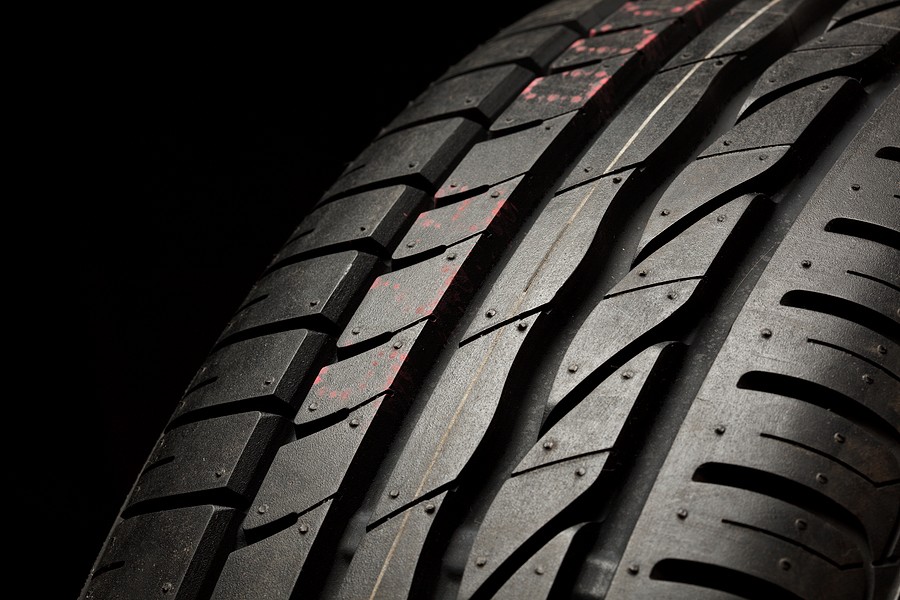
What About the Plastic?
Plastics make up about 50% of a given vehicle's volume, but only about 10% of its weight.
Plastic makes cars safer and more fuel-efficient.
As sustainability grows, many new cars are made using recycled plastic.
Dashboards, gas tanks, seat belts, and many other car materials contain plastic. If they're in great condition, they can be sold and reused as replacement pieces. If they aren't, they get shredded or melted for transformation into new products.
Now that we understand the damage that plastic does to the environment, researchers are looking for new recycling methods. Some scientists are even looking at ways to use recently discovered bacteria that eats plastic. Until this happens, reusing plastics for other applications is the best way to limit environmental damage.
Where Does It All Go?
Believe it or not, the door of your old car could easily end up being a can of beans in only a couple of months.
As it pertains to metal recycling, the process is both fast and efficient. In as little as two months, much of a car's metal gets recycled and processed as a new metal for a different function.
A lot of the metal from cars makes its way into new automobiles, airplanes, and bridges. They also find their way into household appliances. Metal is even used for shipping and storing goods because of its durability.
The next soda can you pop could have come from someone's old luxury vehicle.
There are countless ways in which old car parts make their way into many different products and industries across the world.

How Does Recycling Benefit the Environment?
In the United States, over 12 million cars get recycled every single year. Cars are the MOST recycled product across the country.
The same source reveals that recycling centers melt down and reuse over 18 million tons of steel, which is much better for the environment than producing new steel.
They've estimated that using recycled steel reduces air pollution by 86% and water pollution by 76%.
Mining is a major issue. The repercussions of mining last for decades after the job's done.
Mining contaminates the groundwater, surface water, and the soil around a site. It also forms sinkholes and destructs wildlife habitat. Plus, it releases hazardous byproducts into the environment.
Mining is also responsible for the deaths of thousands of workers every year.
Engines Are Also Recyclable
Engines have longevity. They can get remanufactured after they're removed from old cars.
Manufacturers will dismantle, clean, recondition, and then resell engines for use in future vehicles. A lot of mechanics will even rebuild discarded or damaged engines with advanced technology. They'll use other materials to make them more environmentally friendly and efficient.
They can even yield a low-cost greener solution to a complete car engine replacement.
Spark plugs, radiators, catalytic converters, and transmissions are valuable to manufacturers, and they have the potential for repurposing.\
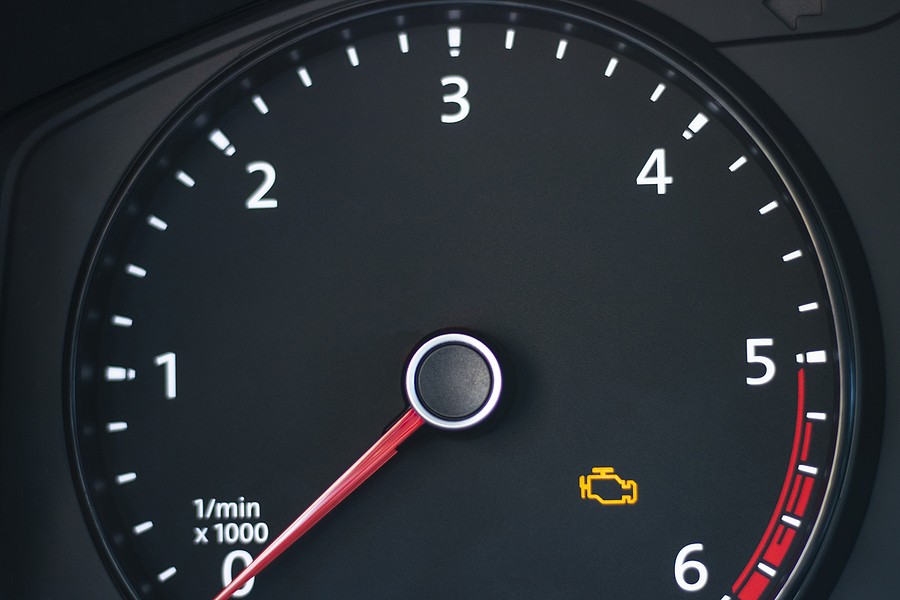
What Else Does the Auto Recycling Industry Do?
The automobile recycling industry is enormous. It adds billions of dollars to the United States' GDP every year.
It also employs hundreds of thousands of people and should create hundreds of thousands more new jobs over the next few years.
No matter where you live, you can make sure that your junk car gets recycled.
Automobile recycling also reduces air and water pollution. When you sell your car to a reputable junk car buyer, they won't tear it to shreds. They'll take your old ride apart carefully to make use of as much of it as possible.
After removing the reusable parts, the buyer sends the remains to a shredding facility, where they turn those last materials into chunks the size of an adult fist.
Those pulverized bits get sorted even further using magnets and laser or infrared systems.
As you can see, there are many benefits of junking your car, in addition to the fact that it's a great way to get some fast cash!
Automobile Recycling Is Huge
Automobile recycling is a big deal. Considering that 50 years ago old cars lined up along the side of the highway or sat in garages, we've come a long way.
Almost 100% of cars get recycled, and of those car parts, more than 80% goes in new vehicles or other products.
Almost everything in a car is reusable. Metal and glass don't even lose durability and strength each time they're reprocessed.
Plastic, rubber, batteries, oils, and filters are all valuable parts of an old car, as they are all reusable too.
Do you want to find out more about a 24-hour car buyer near you? Find out more here. And if you're ready for a quote for your old automobile, you can get one here.
